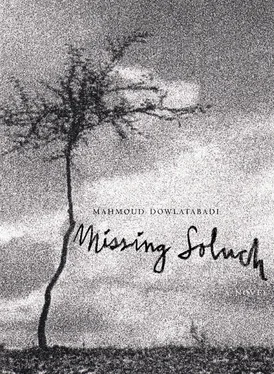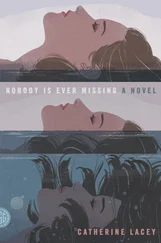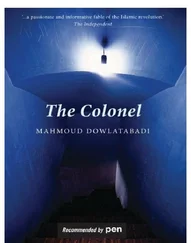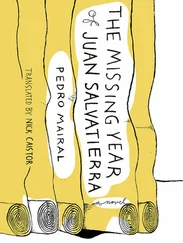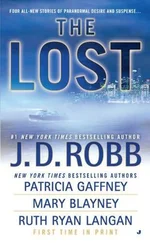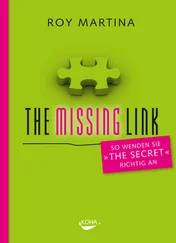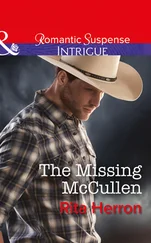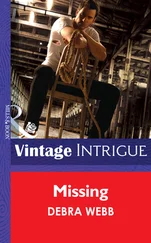He pulled out the knife. Blood poured, a river of it. But things were worse now. The camel was a thousand times more enraged. It was now also a matter of life and death for the animal. And so if death was about to take it, was it going to just sit and wait for it? But just then it seemed about to do just that by lowering its head before Abbas.
Could it be that this river of blood had finished the camel, broken it?
* * *
The camel suddenly reared itself again and threw Abbas to one side, twisting upon itself with a cry of fury. Its mouth now foamed blood, as it renewed its attack. Abbas collected his wits, but his strength gave way. His only hope was the well — it was his last chance. The old, dry, salt-water well. He dragged his body toward it. Exhausted, spent, and in pain, helpless and hopeless, he had one thought in his mind: in only a moment he could well be dead. The camel also gathered its own strength, like a viper, to pour the last cup of death into Abbas’ veins. It leapt toward him, but just before it reached him, Abbas threw his body into the dry well.
With a flutter of birds escaping as he fell, Abbas felt something hit his head and he was unconscious.
When did Abbas awake? It was night … How late was it? Abbas couldn’t tell.
Above his head, he only saw a small patch of the sky. A tight, circular field of sky dotted with white stars. Bits of constellations shone, the Big Dipper. How the stars twinkled! They seemed to be panting, almost as if they were thirsty. Abbas’ tongue was dry, as was his throat and entire mouth. He licked his lips with his dry tongue, and it felt as if it were a lump of sod. There was no moisture, so also his lips were dry. Even the stars seemed to be panting, panting from thirst!
Abbas moved his body. His entire body cried out in pain. The pain wasn’t just in one limb; it coursed through the whole of his body. His hand was still grasping the handle of the knife. Conscious or unconscious, the imperative to defend himself had kept his grip on the knife throughout. He slowly lifted his hand from the powdery floor of the well. It was as dark as a grave, and nothing was visible. But he could feel that something was caked onto his hands, dried on them. He brought his hand to his nostrils and smelled it. Blood. His own blood, the blood of the camel. But where was he injured? It felt as if part of his shoulder had been torn. He felt at his legs and sensed that a part of the heel of one foot was gone. Where else? He couldn’t recall what had happened very clearly. Only pain filled his mind. Pain where the camel’s hooves had struck him, where he had been thrown against the earth, all over his back, his waist, his shoulders. His legs, his head. Pain all over. Exhaustion. Being pummeled. Thrown against the ground, rolling beneath the hooves of the camel. Struggle, a hopeless struggle for life and limb. Blows. Muscles beaten with blows. His joints felt as if they had been pulled apart. He felt as if it was impossible to even move.
And the well? He was just beginning to realize where he was. How tight it was! And deep, three and a half, maybe four lengths of a man’s body. And the well was dug into soft sand. So even if he were strong enough to do it, there was nowhere to find a footing to pull himself up. As he was sitting there, a handful of dusty soil rustled down onto his head from the walls of the well. He smelled something.
And a sound, the sound of a camel’s steps. The sound of a camel breathing. The cry of a camel’s neigh. The dark camel, exhausted and injured, was still at the top of the well, crying in either anger or pain. It neighed and stomped on the ground. The dust that was settling on his head and shoulders had been shaken loose from the steps of the camel. The animal still wanted blood. It had been unsatiated, so it stayed at the mouth of the well. It had the natural capacity to wait in one place for nine days and nights without water or food, just to keep a hungry and thirsty Abbas trapped below. As for Abbas, he’d never be able to hold out for more than a couple of days. Even now he was desperate for a sip of water. He tried again to wet his lips a little. In the struggle he had waged beneath the sun, his body’s water had been depleted. Now his tongue felt more like a piece of mud brick that had been baked in an oven. If only he could have a cup of water!
Abbas looked up. The camel’s neck cut across the sky, separating Abbas’ view from the stars. He blocked more than half of the constellation of Orion. Drops of blood still dripped from the camel’s neck, dripping onto Abbas’ dusty hair and temples. The camel wanted blood. For it, there could be no end to this other than Abbas’ death. There was only one blind hope left, which was if the herd of other camels wandered back to Zaminej and the Sardar came out from the village looking for the missing black camel. And better if, along with him, Mergan and Abrau were also coming, with a lantern in hand. And if it had made it back to Zaminej, the wounded neck of the old mare camel could also be a sign of what had happened. That neither Abbas nor the black camel had returned to the village. The Sardar himself had remarked that morning that the black camel was showing signs of the drunkenness of spring fever.
But how could he know if the rest of the herd would head back to Zaminej?
Yet if they didn’t go, that might even be better. Then perhaps the Sardar would be quicker to put on his shoes, take a walking stick and lantern, and collect some others to all come out to the open fields to look for the herd. This was the only hope, this and the outline of the mouth of the well which afforded him a view of the sky, and which brought in a little air for him to breathe. And the stars, how they seemed to be panting!
Another warm drop of blood fell on Abbas’ face. The camel, angry and disturbed, now knelt at the edge of the well. He fit his head and shoulders as far as they could enter the well, and cried out. Another drop fell on Abbas’ lips. He moistened his tongue and lips with the blood. Clearly, his knife had not been effective. If he had stabbed the camel in the right place, the animal would have been dead by now. The camel repositioned itself so that its chest and part of its belly covered most of the well. It rested a while, but this was even more terrifying. Now Abbas could only see one star in the sky, just next to the neck of the camel. Abbas now imagined that the camel would simply remain there until he died. He began to lose hope. If only he had a cup of water!
A soft rustling compelled Abbas to turn his attention away from the certainty of death, and from the camel above.
Rustling … A sound softer than a person snoring. Something like: kurrrrrr, kurrrrrr . Night filled the well in the deepest darkness. Where and how could he figure out the source of the sound around him? He’d need an eagle’s senses, or rather, those of a bat!
Kurrrrrr … Kurrrrrr …
What kind of insect could be making this sound? He tried to sharpen his eyes; he placed all his senses into the act of seeing. Something flew, its wings slapping against the walls of the well. A handful of dust and sand poured down, and then the sound began again.
Kurrrrrr … Kurrrrrr …
A blanket of fear slipped over him, from whatever was silent all around him. A hesitant fear rising from uncertainty. If you know what it is that threatens you, then just by knowing what the instrument of your death is, you can try to prepare yourself. You can even choose just to give in to it. You may find no option but to go calmly. You might faint, and in a sense die before dying. You’re relieved from the endless possibilities that your imagination can conjure up, stinging you with each fear. If you know what the instrument of your death may be, you are less anxious. Instead, all of your anxiety is focused on one thing. And what kills you isn’t the anxiety, it’s death itself. What Abbas faced in the struggle against the camel was simply to run, attack, strike, and to defend himself. There was nothing unclear about the threat to divide his fear into a hundred different possibilities. His opponent, the camel, was the essence of the danger. One may eventually forget pain itself, but one will never forget the threat of pain. The spirit flutters its wings, like a pigeon caught in an enclosed well. It’s anxious; it flutters its wings against the walls. Fear overtakes, waves of fear. Something spreads through its body and soul. Again and again, without a moment’s respite. The poisonous tongues of fear liquefy your fortitude little by little. You sense that you are slowly encompassed by the fear. Your inner focus collapses; it’s at this very moment that your inner defenses crumble. An impossible hope pulls you: O sudden death, when will you strike? Why doesn’t this well just collapse in on itself?
Читать дальше
